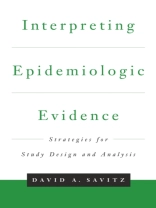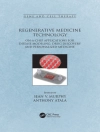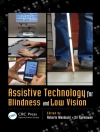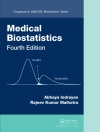Evaluating the strength or persuasiveness of epidemiologic evidence is inherently challenging, both for those new to the field and for experienced researchers. There are a myriad of potential biases to consider, but little guidance about how to asses the likely impact on study results. This book offers a strategy for assessing epidemiologic research findings, explicitly describing the goals and products of epidemiologic research in order to better evaluate it successes and limitations. The focus throughout is on practical tools for making optimal use of available data to assess whether hypothesized biases are operative and to anticipate concerns at the point of study design in order to ensure that needed information is generated. Specific tools for assessing the presence and impact of selection bias in both cohort and case-control studies, bias from non-response, confounding, exposure measurement error, disease measurement error, and random error are identified and evaluated. The potential value of each approach as well as its limitations are discussed, using examples from the published literature. Such information should help those who generate and interpret epidemiologic research to apply methodological principles more effectively to substantive issues, leading to a more accurate appraisal of the current evidence and greater clarity about research needs.
David A. Savitz
Interpreting Epidemiologic Evidence [EPUB ebook]
Strategies for Study Design & Analysis
Interpreting Epidemiologic Evidence [EPUB ebook]
Strategies for Study Design & Analysis
Mua cuốn sách điện tử này và nhận thêm 1 cuốn MIỄN PHÍ!
Ngôn ngữ Anh ● định dạng EPUB ● ISBN 9780190283100 ● Nhà xuất bản Oxford University Press ● Được phát hành 2003 ● Có thể tải xuống 3 lần ● Tiền tệ EUR ● TÔI 4118883 ● Sao chép bảo vệ Adobe DRM
Yêu cầu trình đọc ebook có khả năng DRM












